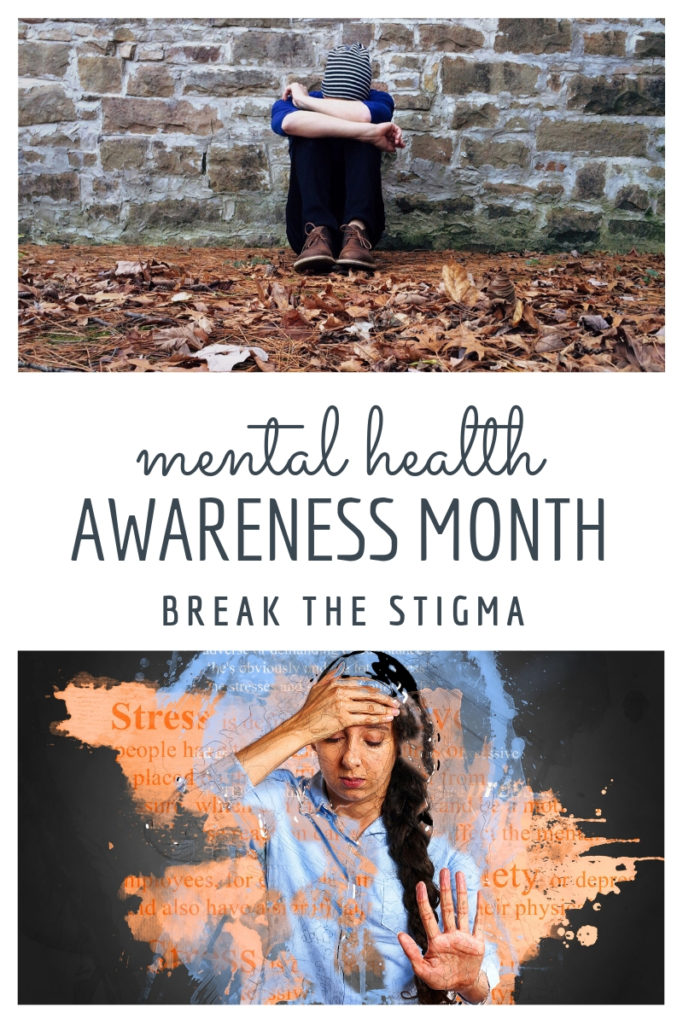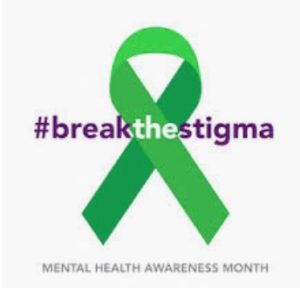

It still happens every day..after over 20 years of working with patients, I hear it…
“I am bipolar”…”I am anorexic and I am never going to get better”….”I AM ______________” fill in the blank with whatever mental health diagnosis/illness they have.
Now, the most disturbing part to me is that most people reading this would hear someone say something like this and think nothing of it…. it is “normal” to hear this. However, if someone were to say the same thing about a physical illness like they do about a mental illness, we would all think it sounded very strange. For example:
“Hey doc, I am a broken leg”….”I am a cold”…”I am diabetes”….
For years I have wondered why people are able to say they HAVE a physical illness, yet when diagnosed with a mental illness, they suddenly become it, are it and DEFINED by it.
So, why am I writing about this?
Why does this bother me so much?
This keeps people from getting help: The stigma of having a mental health illness is huge barrier to people getting help. People are so afraid of being seen as “crazy” or “psycho” that they will either strongly deny they are struggling or will just flat-out refuse to get the help they need.
It has a negative impact on self esteem/self-worth: Too often I see the negative effect that being given a diagnosis of a mental health illness has on someone. They suddenly start to feel bad about themselves. As if having a set of symptoms that meet a criteria for the diagnosis for an illness means they are “damaged” or “less than”.
It can keep people sick: This can impact someone’s ability to progress in treatment. They identify themselves as their illness and therefore do not see themselves as capable of or even worthy/deserving of getting better. So they may get worse, stay sick or drop out of treatment.
It can affect all areas of life: The fear and anxiety that some people have over others finding out about their illness can be overwhelming. As if the symptoms of having the illness are not enough, I cannot tell you how much it pains me to see people come in suffering from almost more distress, worrying about what might happen if they were to tell colleagues, employers, family members, or potential love interests about their illness.
Mental health illnesses are…well, illnesses: As a doctor, I have this enormous responsibility to diagnose patients with the correct illness. For one, the treatment a patient is given is based on whatever illness they have. Therefore, it is very important to get correct because it has an effect on if someone gets better or not. But even more than that, I know that any diagnosis, correct or incorrect, can have a negative impact on someone’s life.
It’s similar when someone goes to see any other type of doctor: A patient goes in with a set of symptoms and the doctor gives them a diagnosis. If one patient is told they have asthma and another is told they have pneumonia, their treatment plans are going to be very different. If diagnosed incorrectly, they certainly are going to have medical complications and not get better. But their diagnosis, whether correct or not, is certainly not going to have the same negative impact on their lives as would a mental health diagnosis.
There just isn’t the stigma that goes along with having a flu like there is with having major depression.
I think part of the reason that there exists such a stigma in regard to mental illness is that there is faulty belief that somehow mental illness is a choice and that people are in control of them. Like they are not “real” illnesses and people are “feeling sorry for themselves” and just “need to snap out of it”, “and stop whining”, “because so many people have it worse than them”, so “they have nothing to complain about”, “because they have so many wonderful things to be grateful for”. Therefore, those who have one are their illness: because they are choosing to have it; to BE it.
As a personal note to those of you out there who do have a mental illness, please continue to remind yourselves that you are NOT your illness. It is something you have. You did not ask for it, deserve it, want it or cause it. It is NOT your fault and it does not define you or your life. You can get help and can get better!
To your health,
Cristina Castagnini, PhD, CEDS


